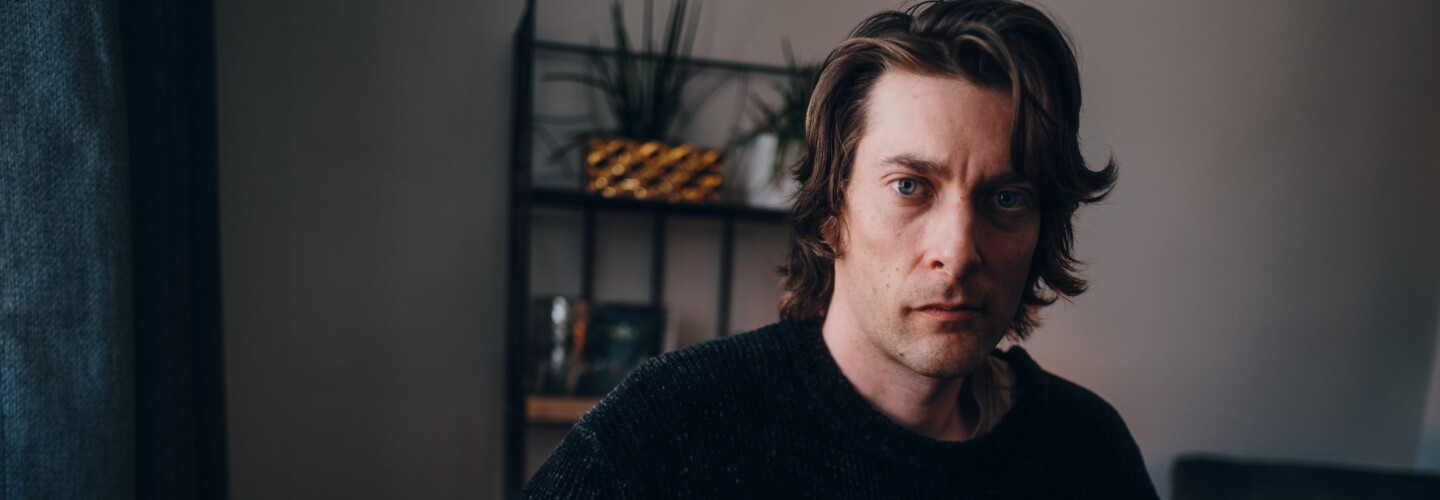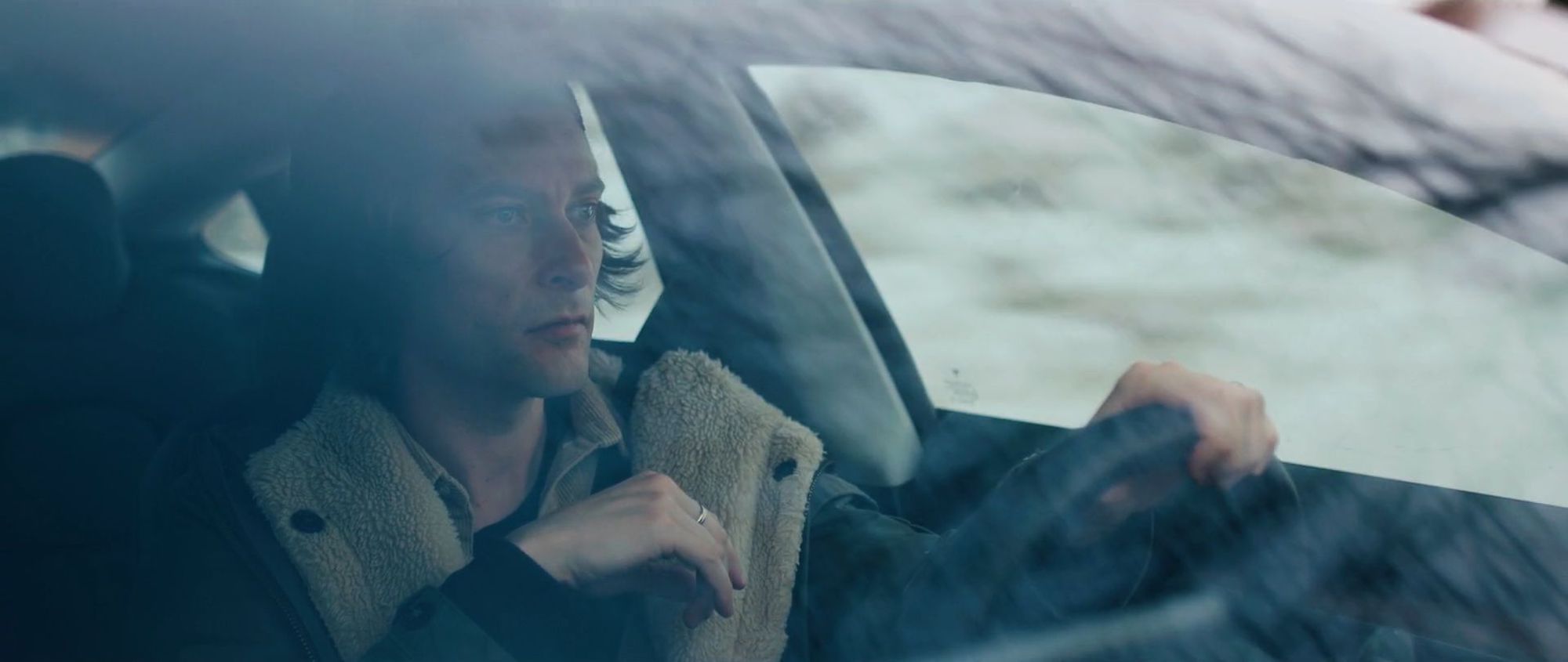
With so much content out there, from films to television to short clips on YouTube and TikTok, how does an artist manage to keep their originality? Perhaps originality is not something we are born with, but something that can be developed over time. With Cultivating Originality with Director Jodeb from filmmaker Christian Schultz (last seen on DN here), we get face-to-face insights from Jodeb himself, otherwise known as Jonathan Desbiens, resulting in a tender portrait of a man unafraid to tread his own dogged artistic path; one that gives us both a sense of his career success and the unique ways that he looks at finding inspiration. We talked to Schultz about creating the film as part of the Musicbed MAKE series, avoiding a conventional approach to depicting someone best known for their EDM music videos, and the key lessons he took to heart as a director himself from his meeting with Jodeb.
This is part of the Musicbed MAKE series. Can you give me a bit more information about the series and how you got involved?
When I first started my filmmaking career, I worked for a music licensing company called Musicbed. The first couple of years I worked there, we were making branded content. Those films and the responses to those films, led us to making a feature-length documentary called MAKE. That was probably close to seven years ago. A couple years after we released MAKE, I went freelance to start a commercial and feature career but I’ve kept in touch with the team over at Musicbed. They ended up reaching out about taking the ideas and themes from the feature-length documentary and turning it into an original series about commercial directors and filmmakers. As we talked it felt like the stories they were interested in were also stories I was interested in exploring as a director.
Not everything we do has a passion project kind of feeling. Sometimes it’s a labour of love to find something in there that only you could say.
And did you know Jodeb before? From Swedish House Mafia to Imagine Dragons, his credits are super impressive!
I didn’t know him personally. We’d spoken online a couple of times. Me and my friend Jared Hogan run a filmmaking podcast called Good, and we interviewed Jodeb before a couple of years ago. So we were friendly, for sure. As soon as Musicbed approached me to start getting some ideas, Jodeb was top of my list. I think his work is very singular. And I think he’s the kind of person that I want to try and show a little bit more of to the world. I don’t think he needs my help, but there are very few opportunities to dive super deep into a director’s philosophy. I think that’s important for people to hear. Nothing against commercial directors or whatever, but his music videos are just wild. And I think it’s interesting to ask: where does that come from?
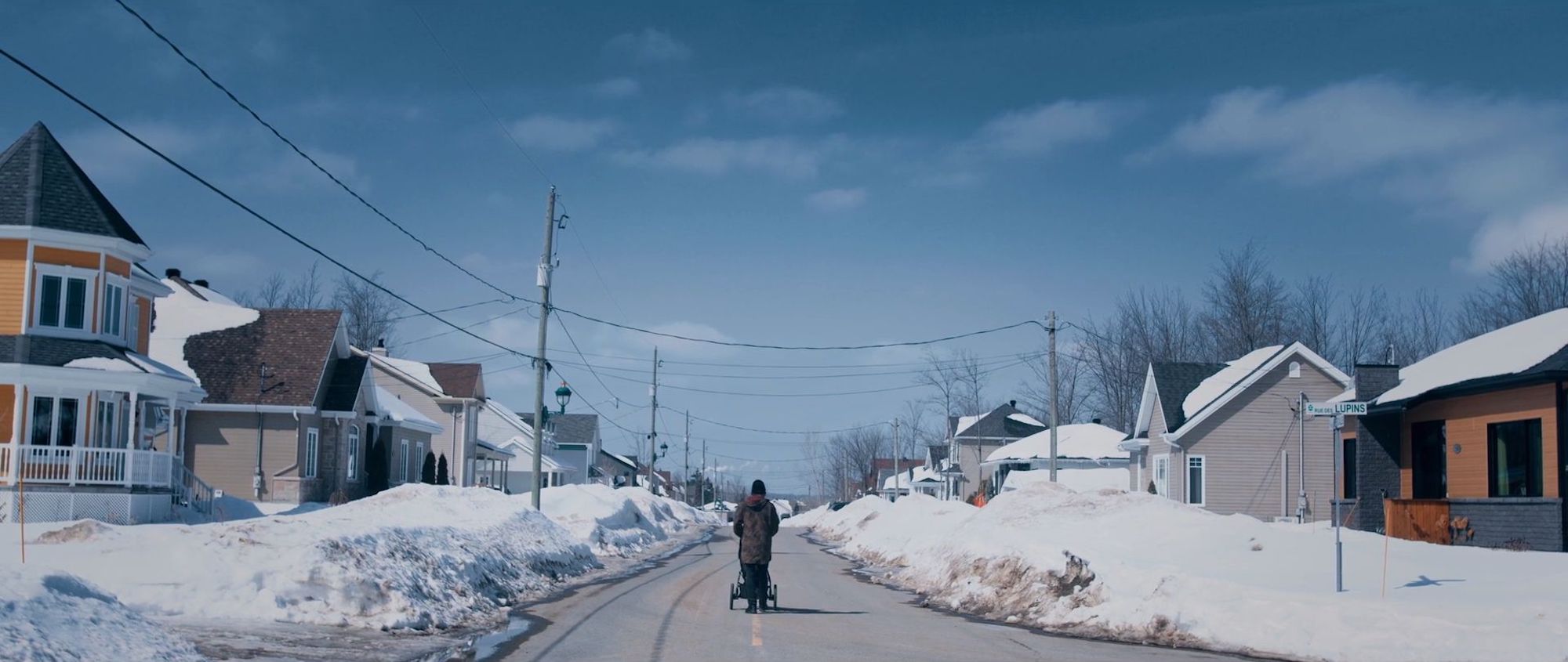
What I found really interesting was when he talked about doing skating videos. Despite not personally being interested in skateboarding himself, he still finds something that he found compelling, which was the relationship between the two boys. Is this something you’ve felt when you’ve been directed for hire: that you must find something to be passionate about within the project?
I think you have to. There’s no other way around it. Even music videos. There are music videos that Jodeb did in the past, where he ‘tried’ to love all the songs. For me, it’s the same. Not everything we do has a passion project kind of feeling. Sometimes it’s a labour of love to find something in there that only you could say, that only you could bring out of it. And when you get people, or an artist, that sees that vision, people will want to go for that ride. More than someone who is just highly capable of pulling off highly-accomplished visuals or being a ‘yes man’. To me that’s the beauty of being a director. The idea that people are interested in singular voices. That’s why we have our favourite that almost seem like a north star to us.
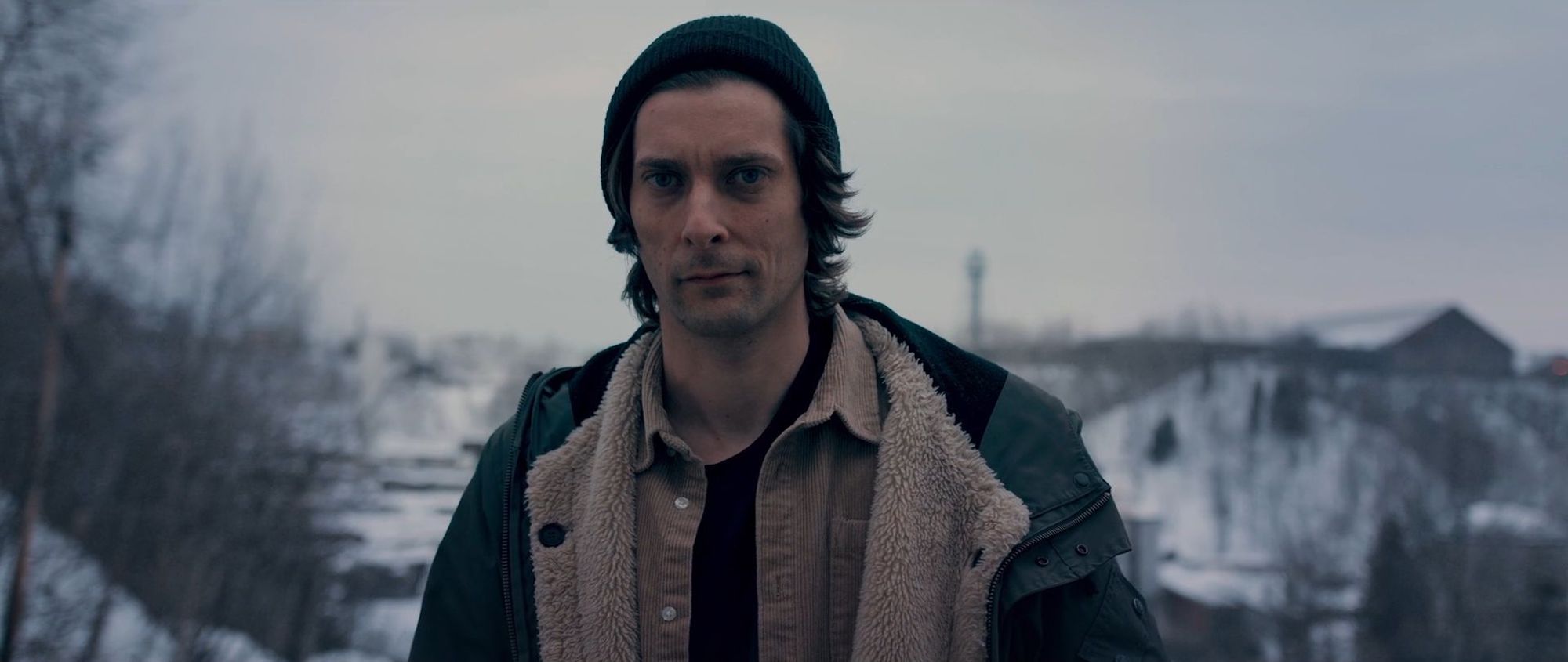
You went to visit him in rural Québec. How long were you there and how many shooting days did you have?
I’ve done enough of these throughout my career that I’ve kind of got it dialled in a little bit. What we typically do is just fly up there and then hang out for the first day and grab dinner or whatever. In this case, we went there a little bit earlier because it was incredibly snowy and it was a little bit of a question mark about what the visuals were gonna be. We went a little early and scoped out the area of Shawinigan. He was curious about how we wanted to approach things, so we had no cameras, no nothing; we just got drinks and talked about everything but the film. I think a lot of those conversations give us an opportunity to plan for things, like him bringing us to the big waterfall, or us going for a drive. That gives us an idea about the visuals we can bring into it.
To me that’s the beauty of being a director. The idea that people are interested in singular voices.
We locked it in two shooting days. On the first day, I got as much interview as possible, whether that’s a proper interview setting or just some off-the-cuff interview moments. The last day is more of a jump-off of the interview, where something will come up that you didn’t know existed. So you have 24 hours to plan an alternative view on the next day. So that next day was about getting as much context footage as possible: like this intimate stuff with him and his family. So it was around four or five days total.
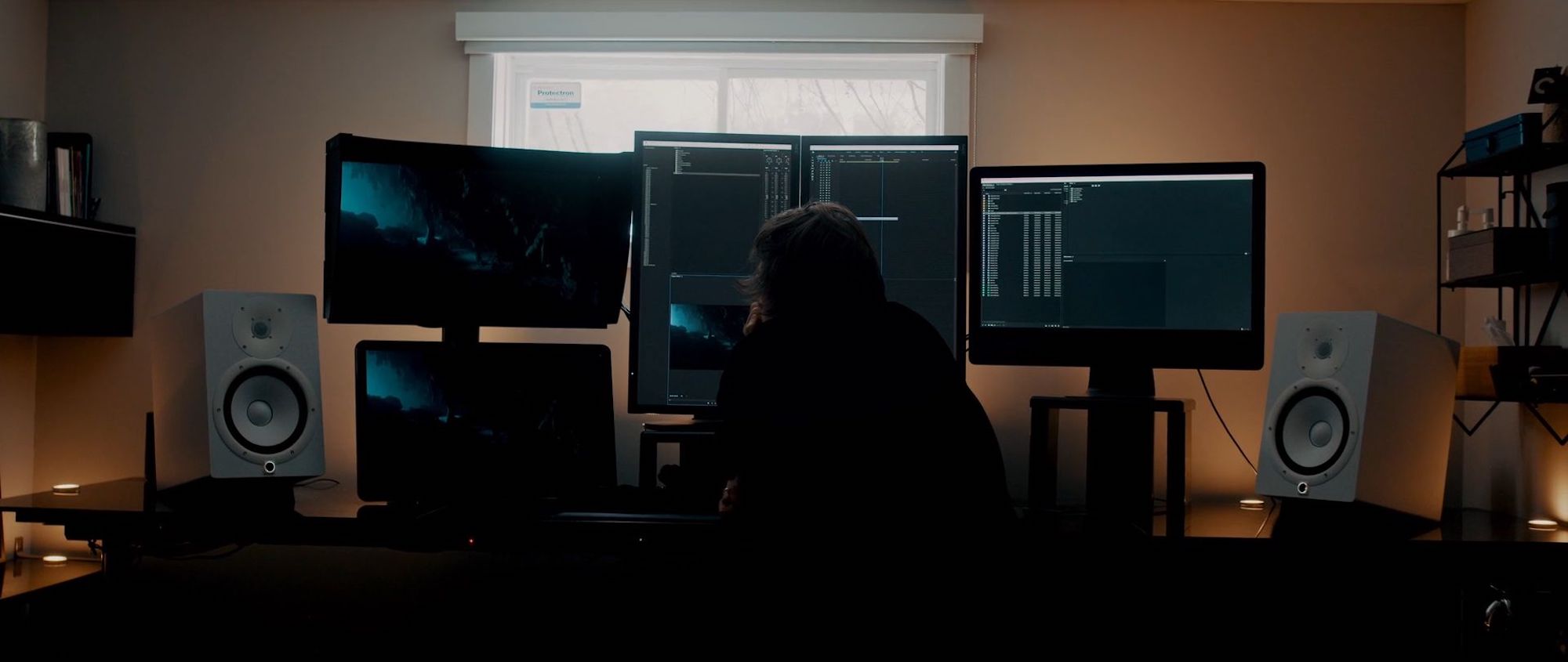
He talks a lot about being a director who needs time to contemplate and find inspiration, and I feel your film copies that feel with the editing, which often speeds up and slows down. What was it like finding the right music to go with that?
I really tried to find music that is the polar opposite to what you might imagine. With someone like Jonathan, you wouldn’t look at his work and go: let’s put classical music here, or put avant-garde jazz drums underneath this stuff. But I think when exploring some of these options it just felt right. I think the contrast to those styles gave something new to his work. That’s the intention: I try and find some polar opposite things to make the story thicker.
What Jonathan revealed to me was the importance of not finding visual references, or watching things, in order to find something original.
Were there any takeaways you learned from Jodeb that you might use when making films in the future?
What stuck with me from the whole experience was the level of visuals that we are given on a daily basis is obscene. Whether it’s social media, TikTok, Instagram, YouTube or watching movies. As a director, I think we often forget the importance of all the arts and how a lot of different art forms can inform your storytelling in a visual sense. What Jonathan revealed to me was the importance of not finding visual references, or watching things, in order to find something original. I think that was the most important thing for me to hear. The last thing I should do when I get a project, or if I’m thinking of a feature idea, is to find visual references for it because if you extrapolate from that, we’re just going to be making each other’s work. It takes more work, but I think it’s more beneficial in the long run.
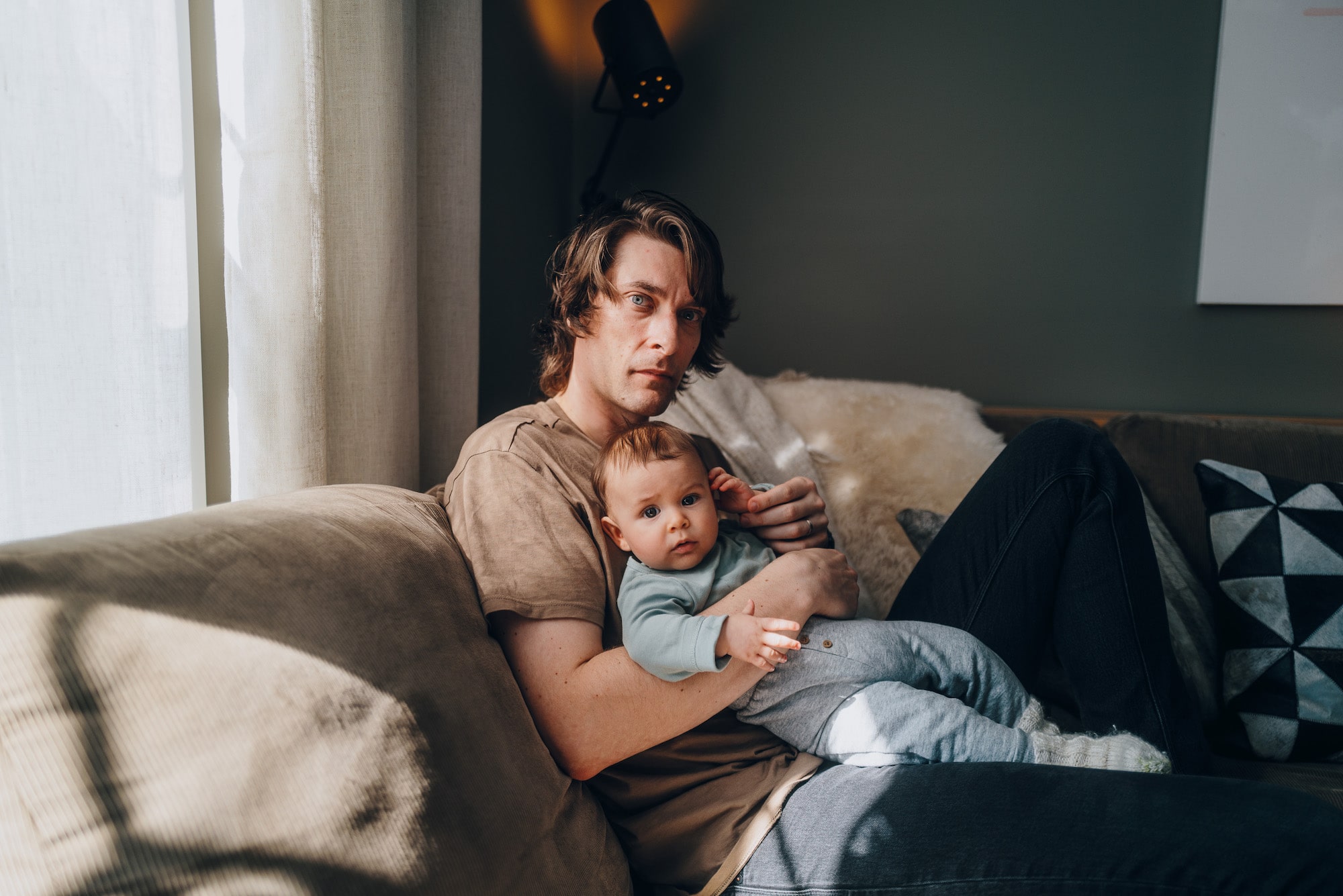
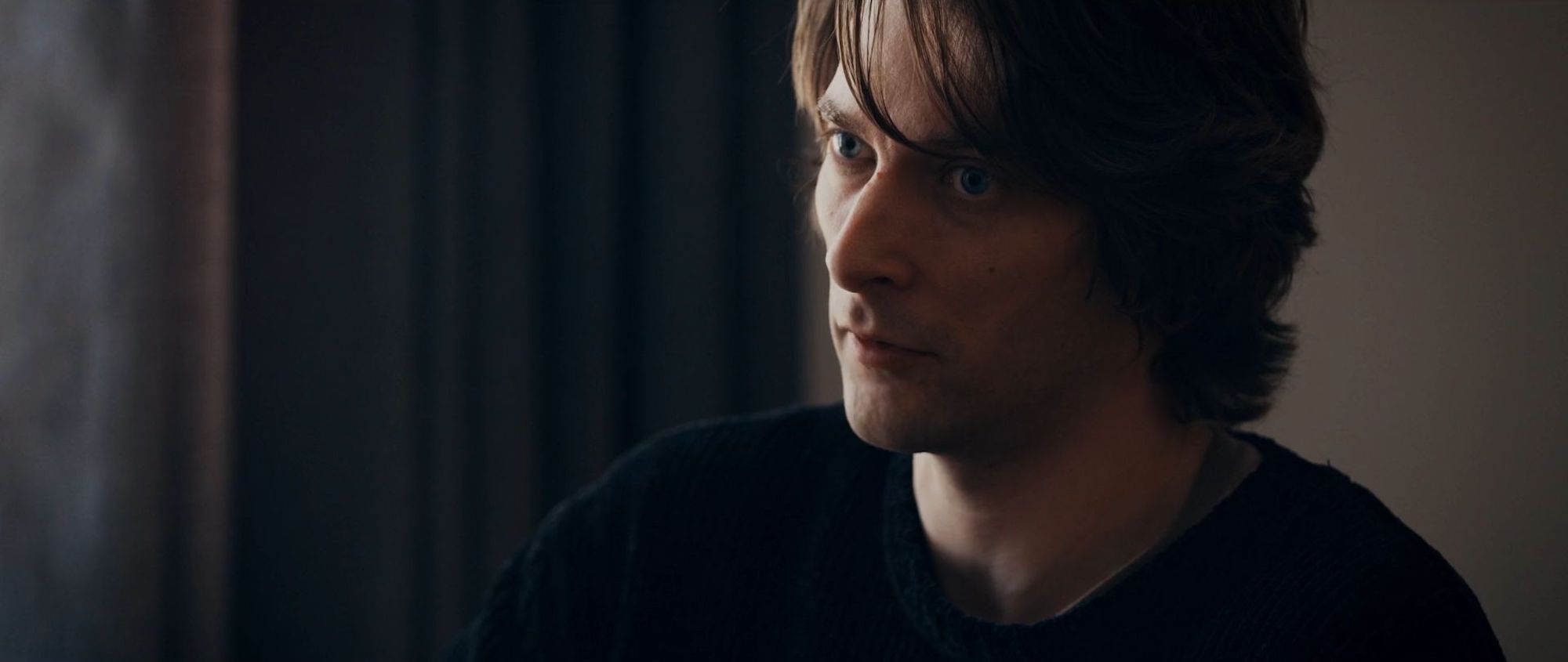
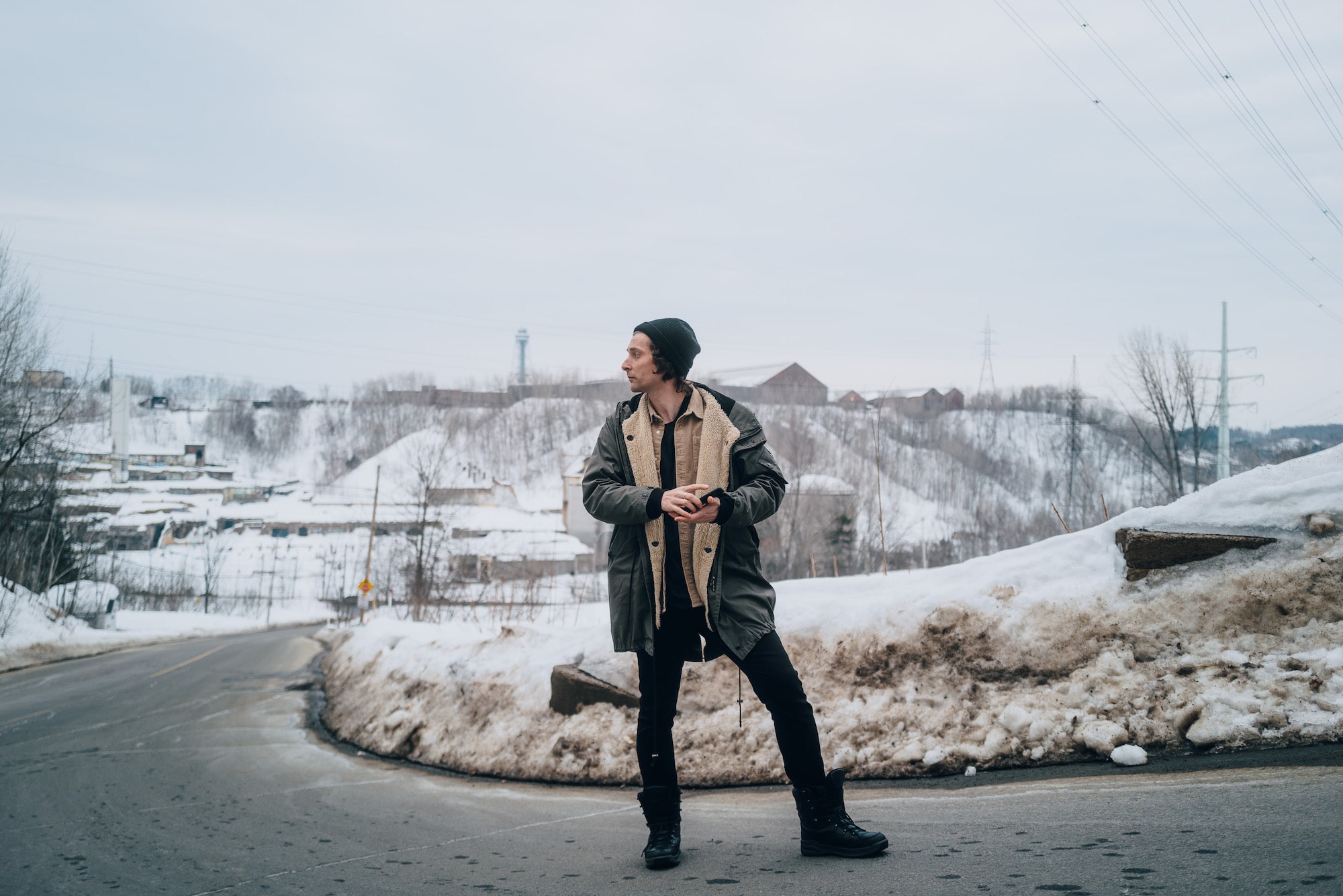
What are you working on next?
I made my first narrative feature-length film in 2020 called Presence that’s being released this year. And then I’m in pre-production for another movie that we’re shooting in early 2023. I’m always working man. I’m doing commercials, and music videos, always down to explore and collaborate with new people. I’m always doing something next. That’s the problem. There’s a million things right now!

